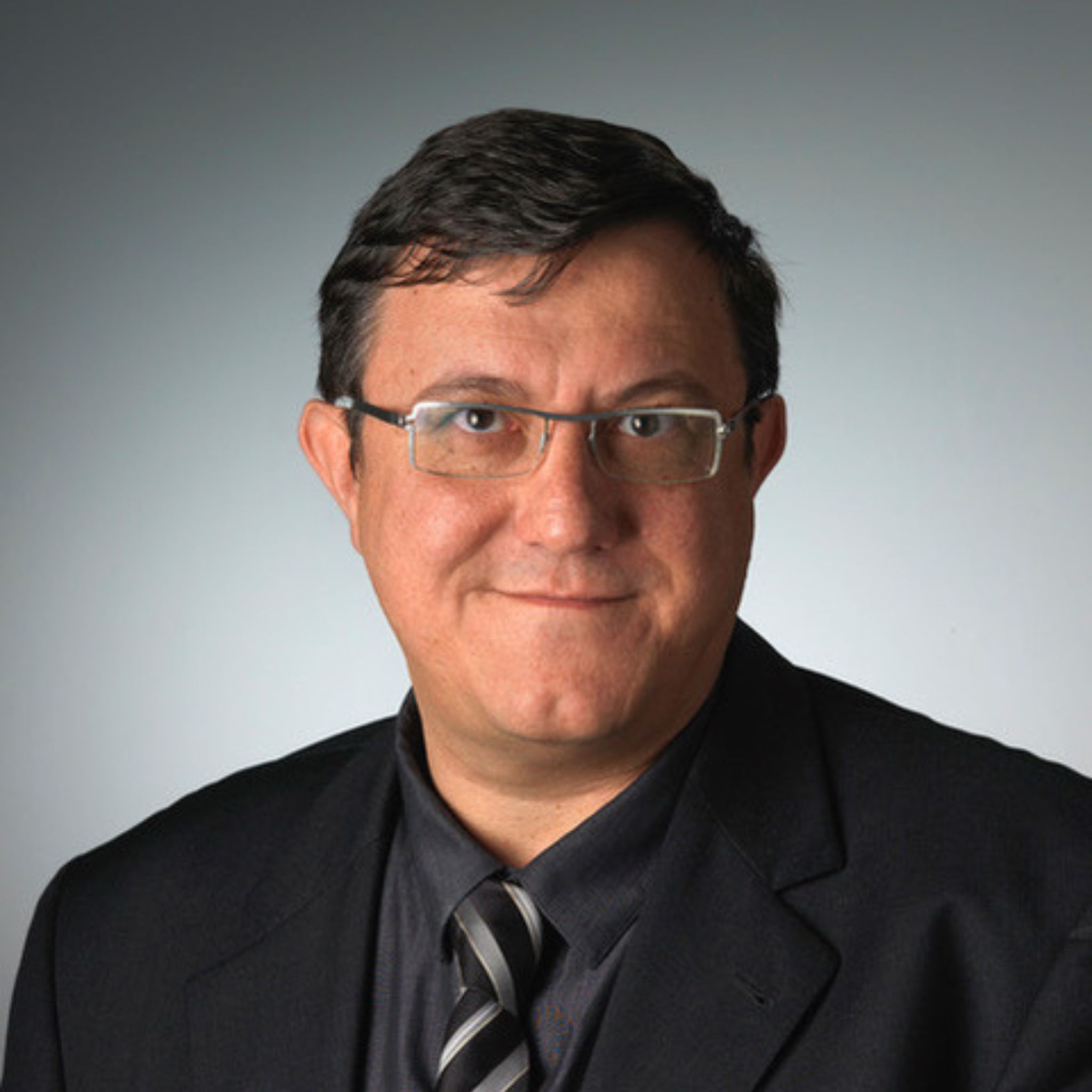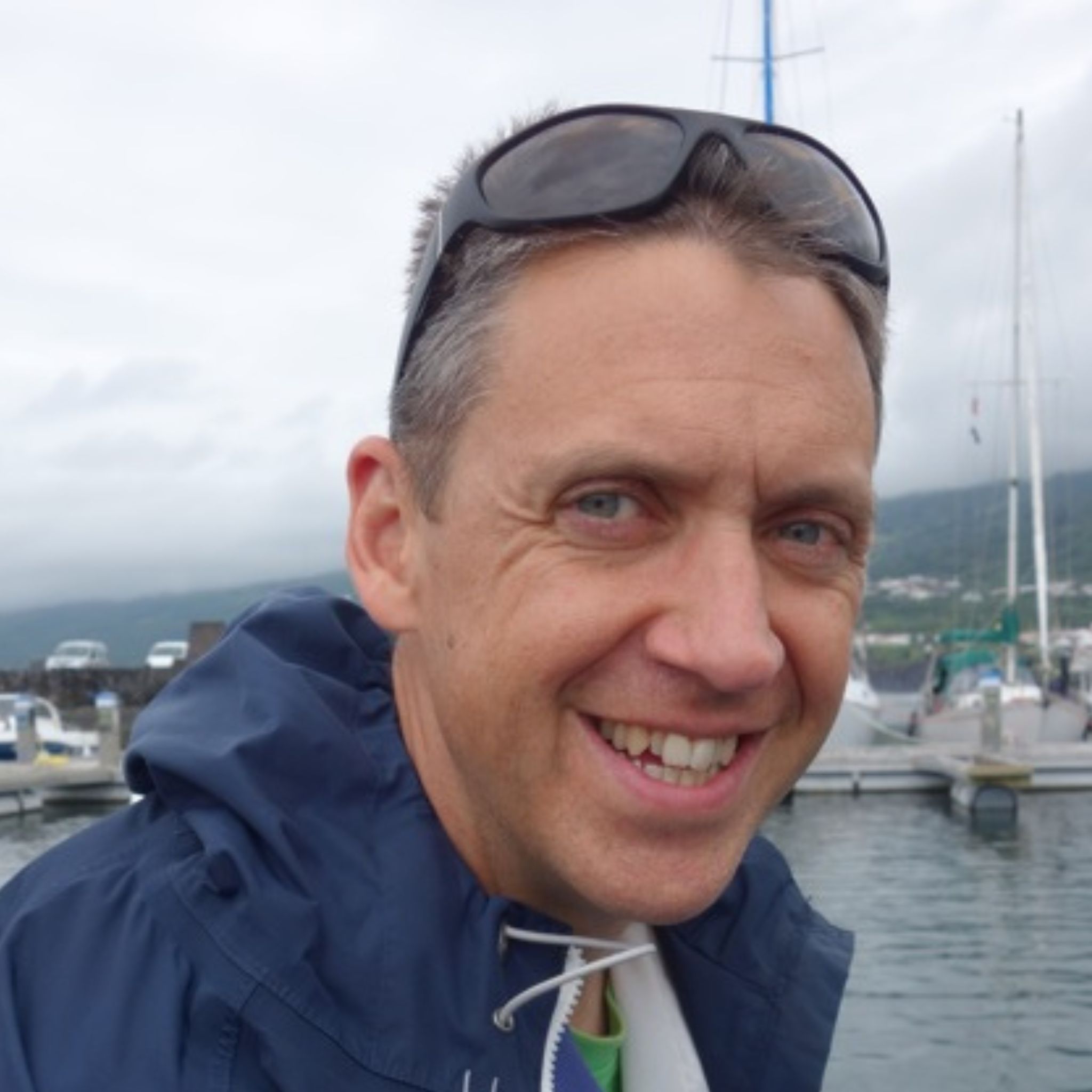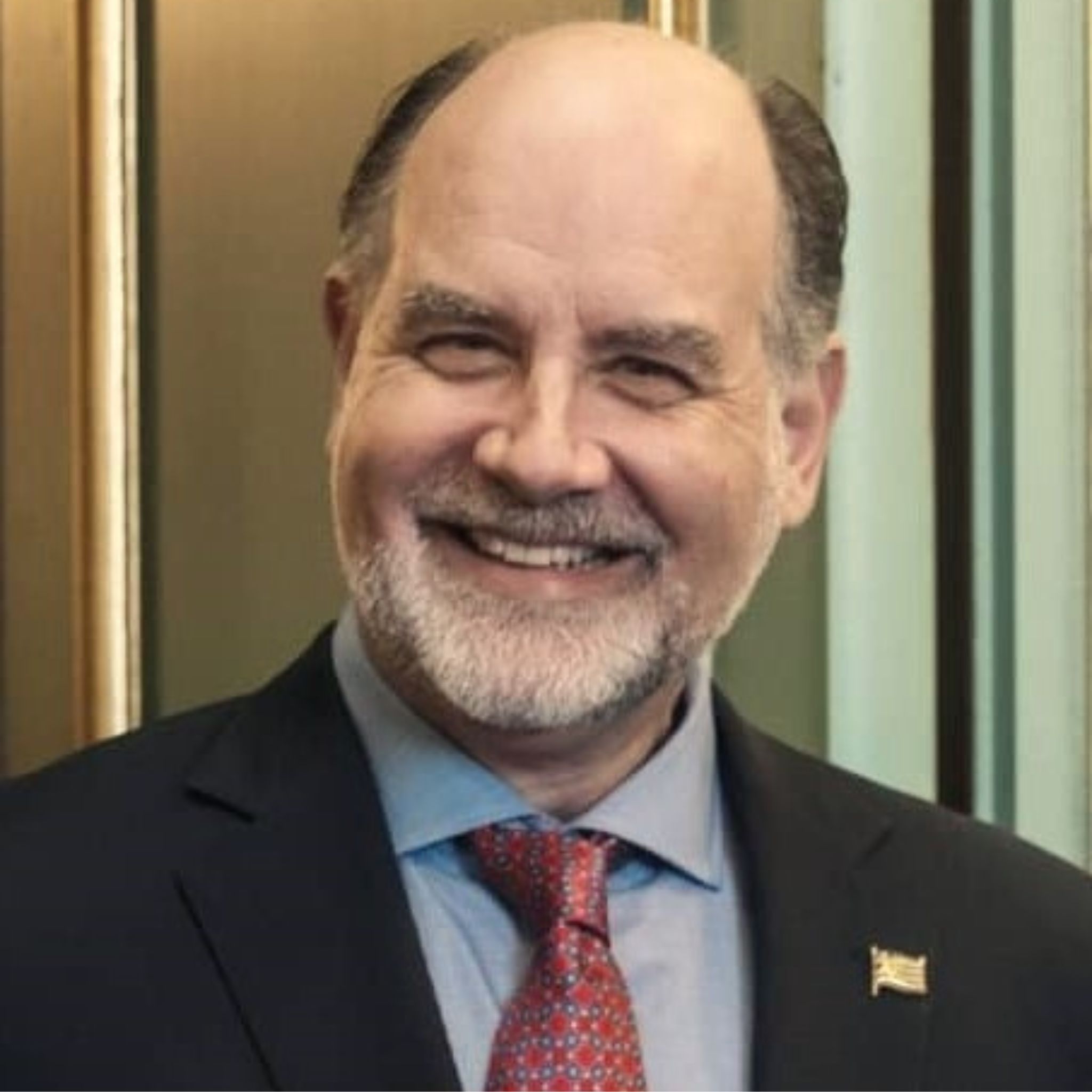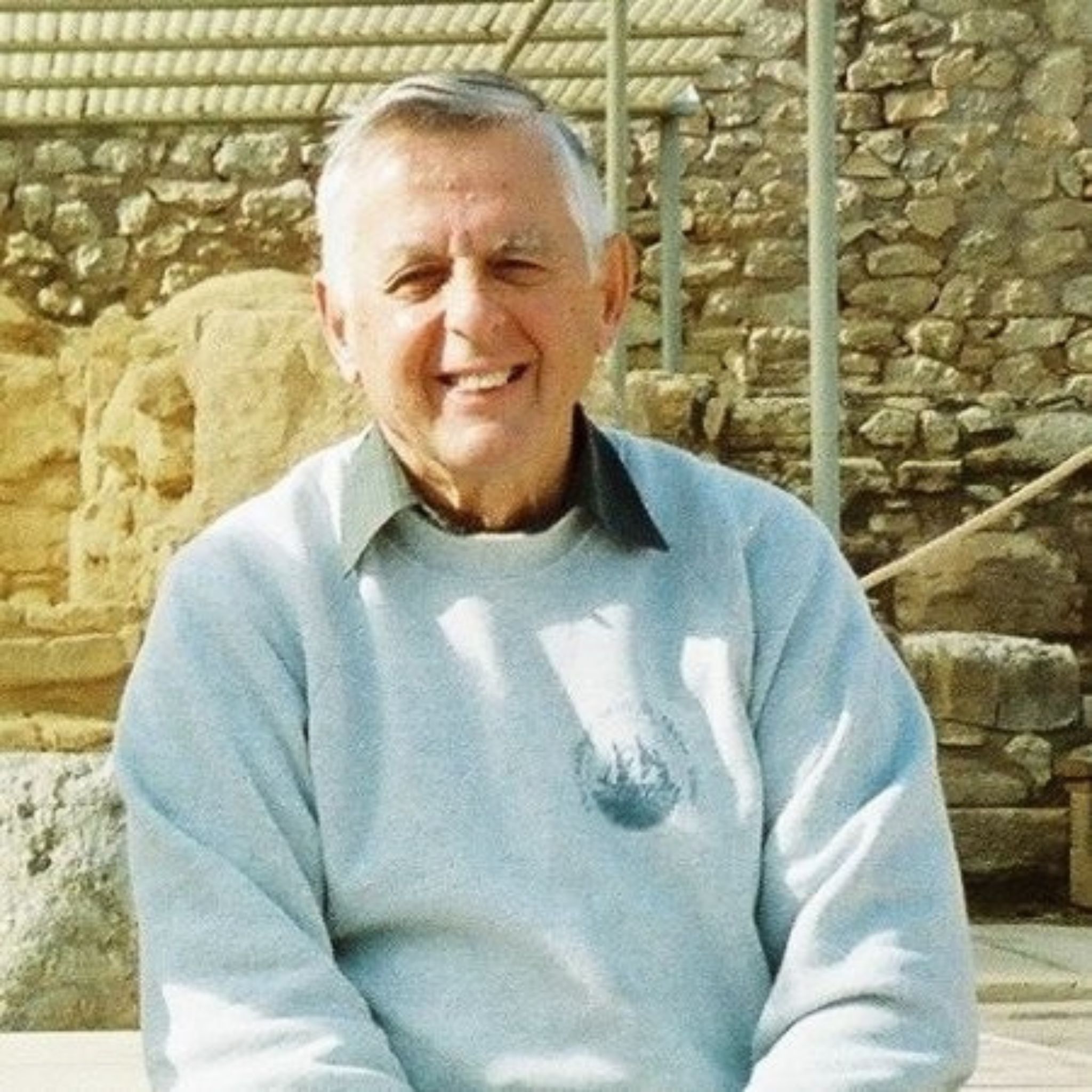José Luis Martínez holds a PhD in Materials Physics from the Universidad Autónoma de Madrid (1984). After several research stays at the Nagoya Institute of Technology in Japan (1982-83) and the Brookhaven National Laboratory (N.Y. USA, 1984-1985) he was Full Professor of Physics at the University of Madrid (1984-1987). After working as a scientist at the European research facility, Institut Laue Langevin in Grenoble (France) for 5 years, he joined the CSIC at the Institute of Materials Science in Madrid (ICMM) in 1992. He then spent 8 years in research management positions, being Deputy Director General for Research Projects at the State Secretariat for R&D until 2007. Subsequently, he was Deputy Director General of the European Research Infrastructure, Institut Laue Langevin de Grenoble from 2007 to 2012. From July 2016 to present, J.L. Martinez has been appointed member of the Evaluation Commission on Nuclear Waste of the French National Assembly and French Senate (https://www.cne2.fr/compositiondelacne2). Presently, he is the chair of the ESFRI forum for the period 2024-2026 European Strategy Forum for Research Infrastructures (https://www.esfri.eu/people).
Antonello Provenzale
Research Doctorate in Physics in 1987. Currently, research director at the Institute of Geosciences and Earth Resources of CNR; director of the Institute from 2015 to 2024.
Member of the Scientific Council of the CIMA Research Foundation. National coordinator of the LifeWatch Italy JRU. Research activities on the analysis and modelling of climate change impacts on ecosystems and carbon and water cycles, geosphere-biosphere interactions, Critical Zone processes, mountain environments, planetary fluid dynamics.
Golden Badge Award of the European Geophysical Society in 1997. Invited scientist at the Ecole Normale Superieure and at the Université Pierre et Marie Curie in Paris, at the Ben Gurion University in Beer Sheva (Israel) and at the University of Colorado in Boulder (USA).
Organizer of summer schools and scientific workshops. Tutor of more than 20 Doctorate Theses. Coordinator of the EU H2020 project “ECOPOTENTIAL” devoted to the use of Earth Observations to improve ecosystem benefits (2015-2019) and of several national projects. Participant and node coordinator in several EU projects. Co-lead of the Action Group “Biodiversity, ecosystems and geodiversity” of EuroGEO and of the GEO Mountains Initiative.
Author of more than 180 papers in international peer-reviewed journals (ISI), h index=51 (Scopus). Author of dissemination books and articles.
Richard Field
Richard Field is Professor of Biodiversity Science at the University of Nottingham (UK). For 25 years his main research areas have been biogeography and macroecology, including a focus on island biogeography. Recently, he has been co-leading initiatives to fund biodiversity-promoting activities using private finance. He is Editor-in-Chief of the leading macroecology journal Global Ecology and Biogeography, served 8 years on the board of The International Biogeography Society, is a Trustee of the Wallacea Trust, Chair of the Biodiversity Futures Initiative and is currently part of the IPBES Monitoring Assessment..
Nikos Kyrpides
Nikos Kyrpides is a leading expert in microbiome genomics, currently heading the Microbiome Data Science at the Joint Genome Institute, Lawrence Berkeley National Laboratory. With a background in biology and bioinformatics, he has held roles in academia, national labs, and industry. His research focuses on microorganisms and data science, with over 700 publications and 90,000+ citations. Recognised globally, he has received numerous scientific honours and serves on editorial and advisory boards supporting microbiology, genomics, and biotechnology research worldwide.
Anastasios Eleftheriou
Prof. Anastasios Eleftheriou is Currently Professor Emeritus at the University of Crete, Greece, where he also founded and directed the Institute of Marine Biology of Crete (IMBC) for ten years (now also Researcher Emeritus at HCMR, Crete). His early years as a researcher were spent in Scotland, at the Marine Laboratory (now Marine Science Scotland) in Aberdeen, before returning to his native Greece in 1985, as Professor in the Dept. of Biology, University of Crete, teaching marine biology and zoology for almost twenty years.
Prof. Eleftheriou’s scientific interests include many aspects of marine environmental health: the structure and function of marine ecosystems; stability and production of marine ecosystems; marine biodiversity; ecological and biological aspects of pollution impacts; coastal zone management; interactions of aquaculture and the environment. His research work, though mainly in the eastern Mediterranean, the coasts of Scotland and the North Sea, has also taken him to India, China and the Galapagos Islands.
He has wide experience of transnational EU programmes as coordinator and participant, from early MAST work on hydrothermal vents in the eastern Mediterranean, MARAQUA’s review of European regulatory and institutional monitoring, ASEM and the AQUACHALLENGE Workshop (Beijing, 2002), MARBEF. His EU experience includes several special posts: Training, Mobility&Research (TMR) Review panel; Vice Chairman, Marie Curie Evaluation Panel; Member of 5-year INCO Assessment Panel; Expert Adviser, 5th FP (Water & Marine Ecosystems); Evaluator (EUR-OCEANS NoE); serving on Advisory Boards (FP6 -IASON, SESAME, FP7 – MarineTT and ODEMM).
Carole Goble
Carole Goble is a Full Professor of Computer Science at the University of Manchester where she leads the e-Science Group of Researchers, Research Software Engineers and Data Stewards. She has 30+ years’ experience of leading digital research infrastructure development, and advancing innovations in research reproducible science, open and FAIR data and method sharing, knowledge and metadata management and computational workflows in a range of disciplines, notably in the Life Sciences. Carole has worked with the biodiversity community on these topics for over 15 years – including EU projects BioVel Biodiversity Virtual e-Laboratory, Synthesis+ Specimen Data Refinery and currently BioDT Biodiversity Digital Twins and BGE Biodiversity Genomics Europe working with ERGA.
Carole is the Joint Head of Node of ELIXIR-UK, the national node of ELIXIR Europe, the European Research infrastructure for Life Science data. She is responsible for ELIXIR flagship services for workflow and training registration and sharing, data management, and FAIR digital object metadata middleware, and is a member of the ELIXIR Biodiversity Community.
Carole is also the co-Scientific Director of Federated Analytics for Health Data Research UK, a founder of the UK’s Software Sustainability Institute, partner of the EVERSE Virtual Institute for Research Software Quality and a partner in numerous European Open Science Cloud projects.
Tammy Horton
Dr Tammy Horton is a Research Scientist at the National Oceanography Centre (NOC), Southampton. She is an expert in deep-sea taxonomy, ecology and biodiversity, with > 20 years’ research experience. Tammy is an experienced curator, having begun her academic career at the Natural History Museum, London, and now as the manager of the Discovery Collections, a unique collection of more than 70,000 deep-sea samples and specimens. She was Chair of the Steering Committee of the World Register of Marine Species (WoRMS) from 2016 – 2022, and coordinates the World Amphipoda Database (WAD) and the World Register of Deep-Sea Species (WoRDSS). Tammy champions the importance of a robust taxonomic nomenclature in underpinning all biodiversity science. She regularly engages with a wide range of stakeholders, international bodies, and the public to improve the understanding of the importance of taxonomy in policy-making for management of the marine environment.






